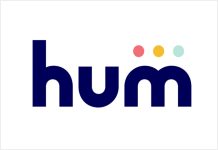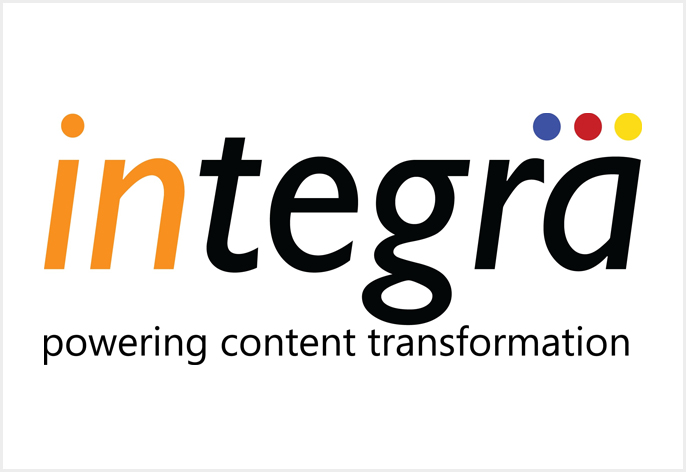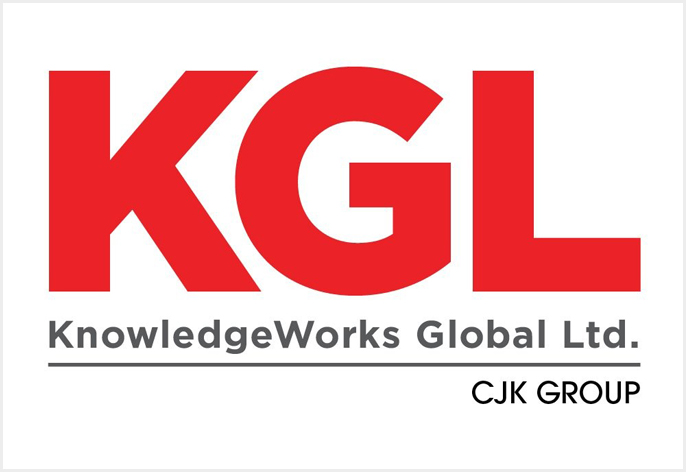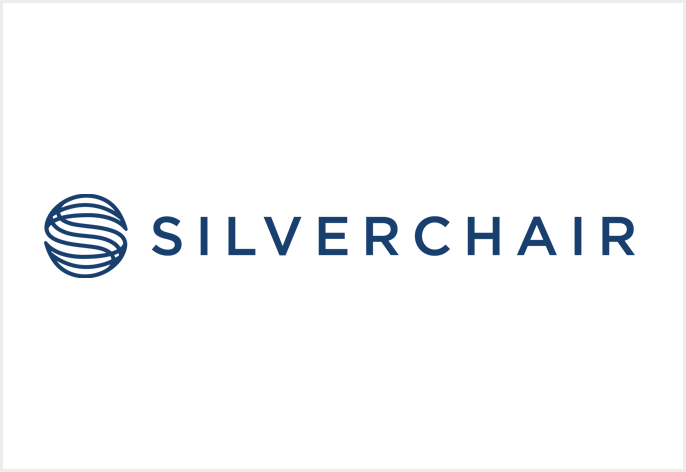On Open Data Day 2025, Frontiers is launching the FAIR² (FAIR Squared™) Data Management Pilot, a first-of-its-kind peer-reviewed service that helps researchers get credited and cited for their work while making data AI-ready, reusable, and impactful. FAIR² Data Management leverages AI-assisted curation to structure research data for publication, making it easier to find, reuse, and analyze—both by humans and machines—so researchers can focus on discovery rather than data preparation. By making datasets shareable and optimized for reuse, FAIR² Data Management enhances research efficiency and reproducibility, accelerating breakthroughs in global health, planetary sustainability, and scientific innovation.
Billions of dollars in research value are lost annually because most scientific data remain on the shelf—difficult to find, access, and reuse. Fragmented formats, missing details, and technical barriers slow both human and AI-driven analysis. Researchers waste valuable time cleaning data instead of making discoveries and rarely receive credit for the data they generate. Meanwhile, funders are increasingly demanding that researchers publish their data, but they lack the tools to comply and remain unrewarded. Without scalable solutions, vast pools of knowledge remain locked away, stalling scientific progress.
“For too long, researchers have lacked the tools and incentives to share their data, leaving untold amounts of valuable research lost— data that could drive breakthroughs, accelerate innovation, and improve research quality worldwide. Our AI-powered data steward makes data curation easier and more rewarding, helping publishers like Frontiers provide researchers with a powerful way to share their data, gain recognition, and ensure it remains accessible, reusable, and ready to fuel future discoveries.” said Dr. Sean Hill, Co-Founder and Managing Director of Senscience, the Frontiers AI venture powering FAIR² Data Management.
FAIR² Data Management goes beyond the FAIR principles (Findable, Accessible, Interoperable, Reusable) by providing an AI-powered solution that transforms research data into a structured, machine-actionable resource. Powered by Senscience, it leverages an AI Data Steward to automate data organization, improve usability, and assist with governance. Researchers benefit from an AI-assisted workflow that streamlines data preparation and sharing, turning their datasets into a FAIR² Data Package, an interactive exploration portal, and a peer-reviewed FAIR² Data Article in a Frontiers journal—maximizing visibility, recognition, and citations.
Dr. Kamila Markram, Co-Founder and CEO of Frontiers, emphasized:
“The global challenges we face demand better science—powered by better data. It’s not enough for data to be open; it must be well-organized, reusable, and impactful. FAIR² Data Management transforms data into a tool for discovery, tackling pressing challenges in global health, sustainability, and beyond.”
What is FAIR²? Advancing FAIR for the AI Era
For years, the FAIR principles have provided a foundation for research data sharing. However, as machine learning and AI become an increasingly important tool in scientific research, data must be structured for both humans and machines.
FAIR² (FAIR Squared) extends the FAIR principles by defining a formal specification that makes research data AI-ready, aligned with Responsible AI principles, and structured for deep scientific reuse. Compatible with MLCommons Croissant’s AI-ready format, it integrates essential elements for scientific rigor, reproducibility, and interoperability. FAIR² ensures data is richly documented and linked to provenance, methodology, and a detailed data dictionary, creating a context-rich representation of each dataset. It also integrates with TensorFlow, JAX, and PyTorch, enabling AI-driven analysis and easy sharing on Kaggle and Hugging Face, amplifying its impact across disciplines.
ProfessorBarend Mons, senior author of the FAIR principles paper and founding director of the Leiden Institute for FAIR and Equitable Science (LIFES), emphasized the need for structured, well-governed data:
“Open science must move beyond principles to implementation, structure, and governance. FAIR² provides the framework for AI-ready, context-rich, and responsibly governed data, ensuring informed reuse. FAIR² Data Management puts this into practice, helping researchers create a scalable ecosystem of Fully AI Ready, machine-actionable data.”
AI-Assisted Data Curation in Action
The power of FAIR² Data Management is already being demonstrated in practice. The first peer-reviewed FAIR² Data Article and FAIR² Data Portal, published today, showcase AI-driven data curation in action. Led by Dr. Ángel Borja of AZTI Foundation (Spain), this dataset—spanning nearly three decades of marine biodiversity monitoring in the Basque Country, managed by the Basque Water Agency (URA)—has been curated using FAIR², transforming long-term environmental data into an AI-ready resource.
Dr. Ángel Borja highlighted the impact of AI-driven data stewardship:
“AI-assisted curation is a game changer. AI-assisted metadata creation makes ocean sustainability research more accessible, providing scientists, managers, and decision-makers with faster, more accurate insights.”
The FAIR² Data Portal takes this further, offering AI chat, interactive data exploration, an AI-generated podcast, and integration with Python and Jupyter Notebooks, allowing researchers to interact with and analyze their data in completely new ways.
Join the FAIR² Data Management Pilot
Frontiers invites researchers to join the limited-time FAIR² Data Management pilot—an opportunity to showcase datasets and access AI-assisted data stewardship at no cost, with a full waiver covering all service fees.
- Convert research data into a FAIR² Data Package, Interactive Data Portal, and peer-reviewed FAIR² Data Article.
- Enhance visibility with AI-ready, citable datasets optimized for machine learning and traditional analysis.
- Streamline data curation with AI-assisted FAIR² workflows.
Spots are limited—apply now!






























